Democratic rights and duties
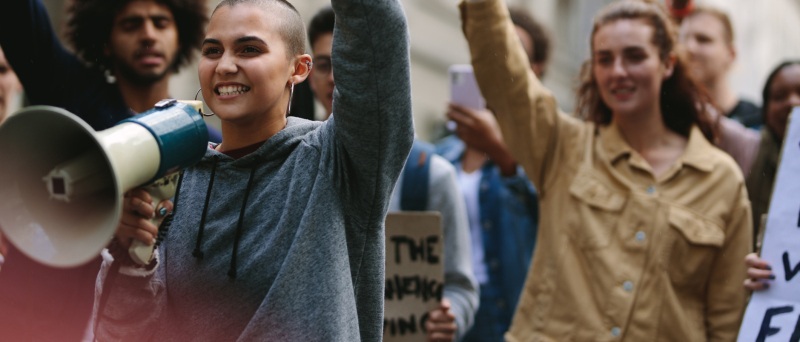
Democratic rights and duties
People who live in a democracy have freedom, responsibilities, rights and obligations. We will first look at the most important rights.
Human rights
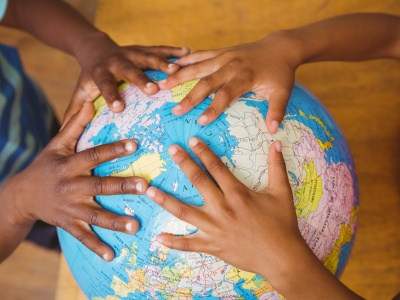
The UN Universal Declaration of Human Rights was adopted in 1948.
Equality
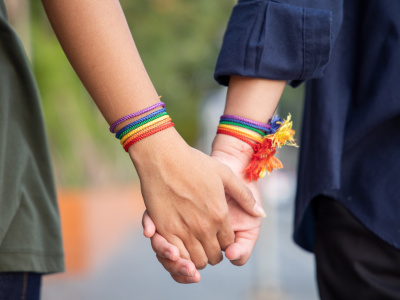
Everyone shall have the same rights and opportunities regardless of age, ethnicity, functional ability, gender, religion and sexual orientation.
Freedom of speech
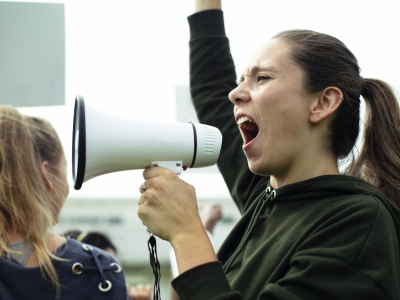
Freedom of speech means being able to state one's opinion about politics, religion and other matters, to freely discuss with others and write freely about one's opinions without being punished. We have some laws that set limits on freedom of speech. For example, people are not allowed to make racist and other hateful statements, either verbally or in writing. Freedom of speech applies to private individuals and to radio and television channels and newspapers.
Right to vote
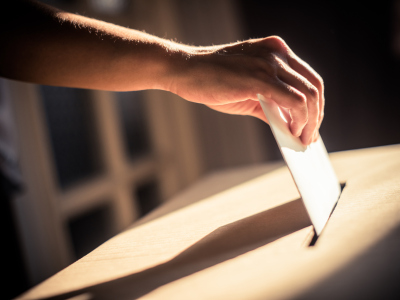
In a democracy, people have the right to vote in political elections. The voting age in Norway is 18 years. Elections take place by secret ballot. This means that other people don’t know how individuals have voted. You have to be a Norwegian citizen to vote in general elections. In order to vote in county and municipal council elections, you must have lived in Norway for the last three years before the election.
Due process protection
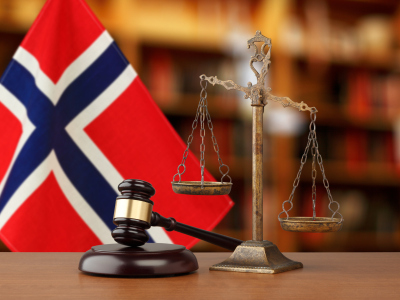
Due process protection means among other things that no one can be sentenced to imprisonment without a trial. A trial in a democratic country means that an independent judge decides whether the defendant is guilty or not, and that an independent judge decides the punishment if the defendant is found guilty. All defendants have the right to a defence.
Freedom of religion and faith
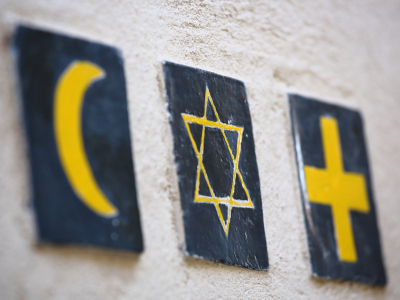
Freedom of religion and faith means that people are free to choose which religion or life stance they wish to belong to, and that they are free to practise their religion or life stance. In other words, no one has the right to force others to join or leave a religious group or community. No one will be persecuted or punished for their religious affiliation. From the age of 15, everyone has the right to join or leave a religious or life stance community of their own initiative, irrespective of what others think. It is just as important as being free to choose one's religion or life stance that we have the same freedom to not belong to a religious or life stance community.
Freedom of assembly
Freedom of assembly means a number of things. These are some of the most important meanings:
- People have the right to be a member of a political party or interest organisation without risk of persecution or punishment.
- People have the right to be a member of a trade union without risk of persecution or punishment. In certain situations, people also have the right to go on strike.
- People have the right to express their opinions in lawful demonstrations.
Rights and obligations
As we can see, people who live in a democracy have many rights. This freedom and these rights are accompanied by responsibilities and obligations. We must comply with the laws and rules decided by the majority. We have the right to try and change things we do not like in society, but we must comply with the rules of democracy. Norwegian society is to a great extent based on mutual trust. This means that the authorities trust the people to provide correct information and comply with laws and rules, and the people trust that they will receive the right treatment by e.g. the police and the child welfare service.
What can threaten democracy?
The following elements may represent threats to democracy:
Low election turnout.
Reduced trust in politicians.
Fake news and hate speech that stop open debate in society.
Major national crises that cause democratic processes to be bypassed.
Laws and regulations that apply to multiple countries taking precedence over a country’s democratically adopted laws.
Talk together

- What is it like to live in a democratic country?
- What is it like to live in a non-democratic country?
- Talk about the obligations you think accompany the rights in a democracy.
- What democratic rights and obligations do you already know?
- Discuss why low election turnout and reduced trust in politicians are a threat to democracy.
- In what way is trust an important feature of Norwegian society? Can you provide examples of how this is manifested?
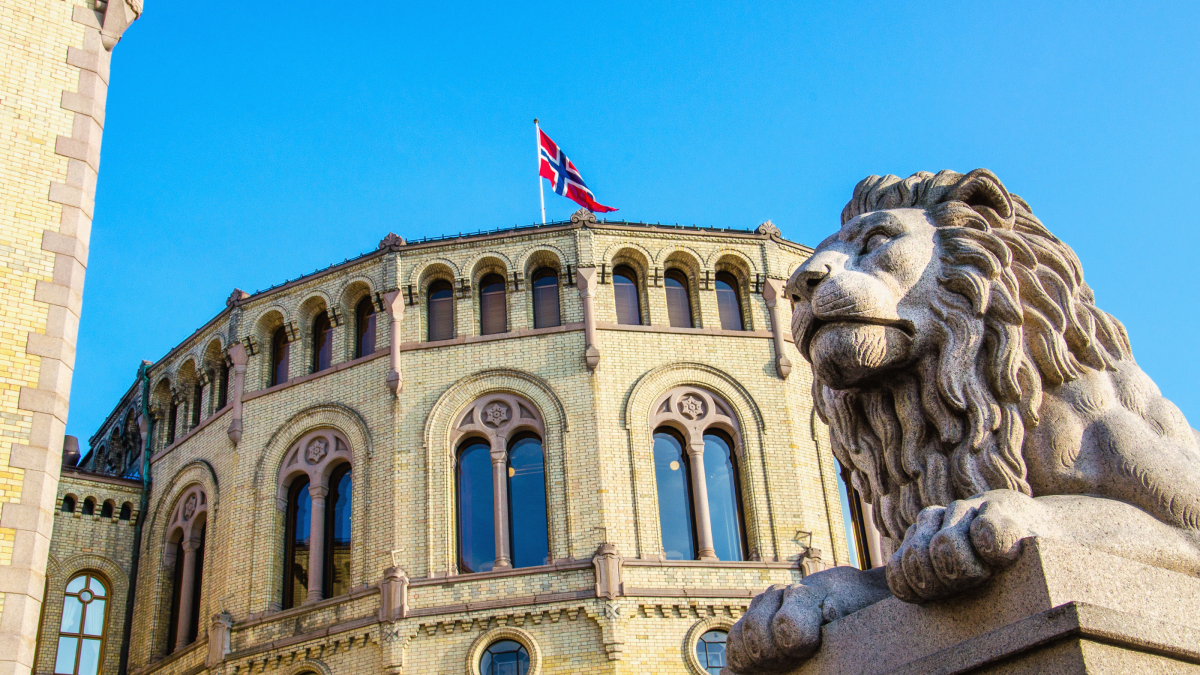
Select the right answer
Do we have complete freedom of speech in Norway?
Select the right answer
At what age are you allowed to vote in Norway?
Select the right answer
Who is entitled to a defence if they are charged of a crime?
Select right or wrong
Read the statements. What is right? What is wrong?
Select right or wrong
Read the statements. What is right? What is wrong?
